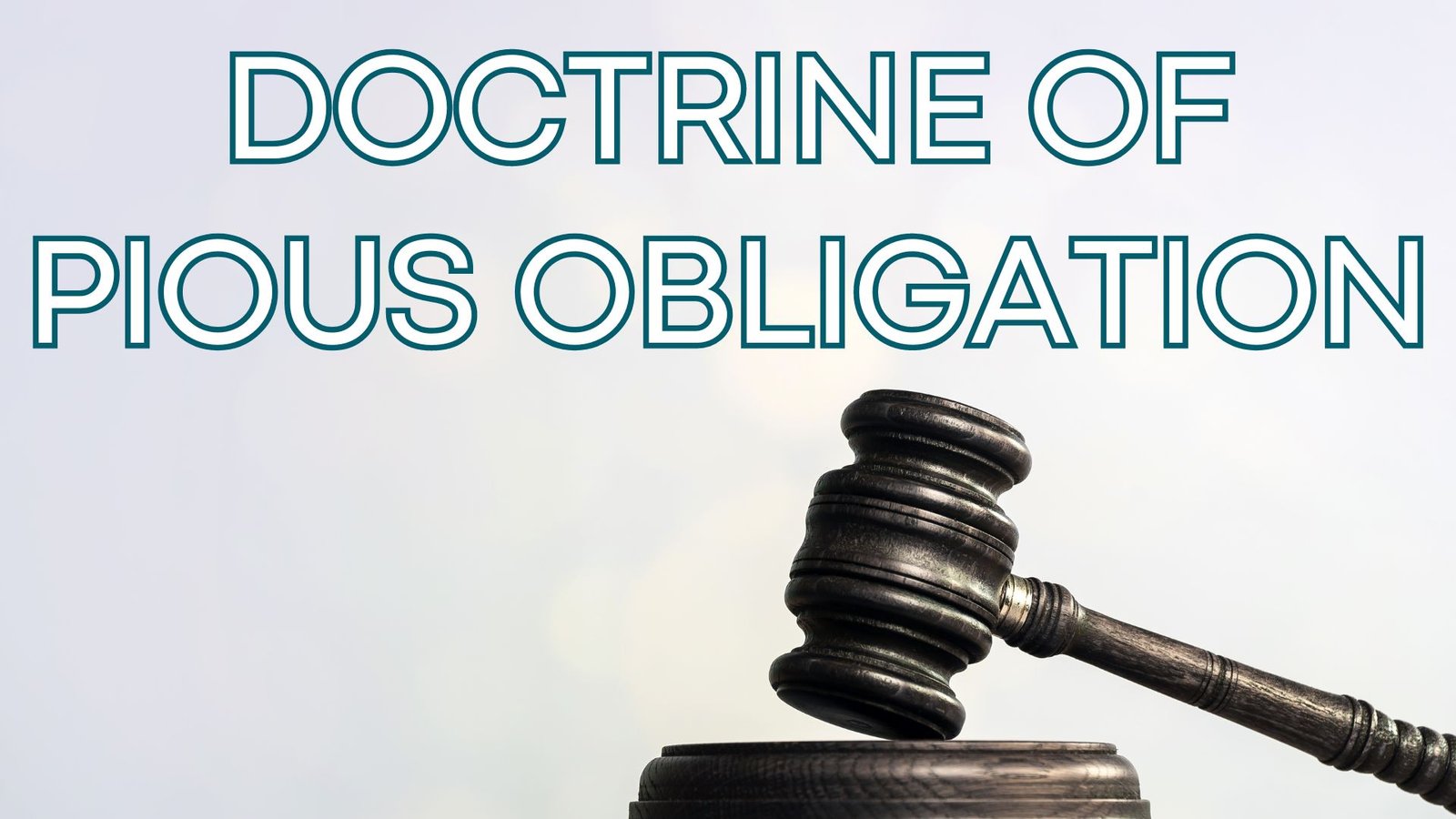On this page you will read detailed information about The Evolution of Police Regulation.
Law enforcement plays a vital role in maintaining peace, order, and security in society. Over the years, the regulation of police forces has evolved to meet the changing needs of communities. In this article, we will delve into the Police Act of 1861 and its significance in reorganizing and enhancing the efficiency of the police force. We will explore the interpretation clause, the constitution of the force, the powers and duties of police officers, and the regulation of public assemblies and processions. Through a detailed analysis, we aim to provide a comprehensive understanding of the historical development of police regulation.
Interpretation Clause: Defining Key Terms
The Police Act of 1861 begins with an interpretation clause that defines key terms used throughout the legislation. This section establishes a common understanding of essential concepts, ensuring clarity and consistency in the application of the law. Some of the key terms defined in the Act include:
- Magistrate of the district: Refers to the chief officer responsible for the executive administration of a district, exercising the powers of a Magistrate.
- Police: Encompasses all individuals enrolled under the Act, forming the police force.
- General police district: Encompasses Presidencies, States, or places where the Act is applicable.
- District Superintendent and District Superintendent of Police: Includes Assistant District Superintendents appointed by the State Government to perform the duties of a District Superintendent.
Constitution of the Force: Ensuring Efficiency and Organization
The Act emphasizes the need for an organized and efficient police force. It establishes that the entire police establishment under a State Government is considered one police force. This unified structure allows for better coordination and cooperation among officers. The Act also empowers the State Government to determine the number of officers and men within the force and their specific roles and responsibilities. The pay and conditions of service for members of the subordinate ranks are determined by the State Government, ensuring fair remuneration and benefits.
Superintendence by the State Government: Ensuring Control and Accountability
The Act vests the superintendence of the police in the State Government within a general police district. This provision ensures that the State Government has the authority to oversee and direct the activities of the police force. It also prohibits any person, officer, or court from superseding or controlling any police functionary without proper authorization from the State Government. This ensures accountability and prevents undue interference in police operations.
In the previous post, we had shared information about The Doctrine of Pious Obligation in Hindu Law, so read that post also.
Inspector-General of Police: Key Administrative Role
The Act designates the Inspector-General of Police as the officer responsible for the administration of the police within a general police district. The Inspector-General is supported by Deputy Inspectors-General and Assistant Inspectors-General appointed by the State Government. The Inspector-General and their team are responsible for the overall coordination and direction of the police force. The local jurisdiction of the Magistrate of the district falls under the control of the District Superintendent, who operates under the guidance of the Magistrate and the State Government.
Powers of the Inspector-General: Balancing Authority and Limitations
The Inspector-General of Police possesses the full powers of a Magistrate within the general police district. However, these powers are subject to limitations imposed by the State Government. This provision ensures that the Inspector-General operates within defined boundaries, preventing misuse or abuse of authority. By striking a balance between authority and limitations, the Act safeguards the rights and liberties of individuals while enabling effective law enforcement.
Magisterial Powers of Police Officers: Ensuring Accountability
The Act previously granted police officers magisterial powers, but this provision was later repealed by the Code of Criminal Procedure. This repeal reflects the need for clear separation of powers and specialization within the criminal justice system. By removing magisterial powers from police officers, the Act ensures that the administration of justice is carried out by the appropriate authorities, maintaining impartiality and fairness.
Appointment, Dismissal, and Discipline of Officers: Upholding Accountability
The Act empowers higher-ranking officers, such as the Inspector-General, Deputy Inspectors-General, and District Superintendents, to appoint, dismiss, suspend, or reduce police officers of subordinate ranks. This authority is exercised when an officer is deemed remiss, negligent, or unfit for their duties. The Act also outlines several disciplinary measures that can be imposed on officers who demonstrate carelessness or negligence, ranging from fines to removal from positions of distinction or special emoluments. These provisions ensure accountability and maintain standards within the police force.
Certificates to Police Officers: Establishing Authority and Accountability
Every police officer appointed to the force receives a certificate under the seal of the Inspector-General or an appointed officer. This certificate grants the officer the powers, functions, and privileges of a police officer. If an officer ceases to be a police officer, they must surrender their certificate and return any equipment provided for their duties. Suspension from office does not exempt an officer from their responsibilities and obligations. While suspended, an officer’s powers and functions are temporarily suspended, but they remain subject to the same responsibilities, discipline, and penalties.
Duties and Powers of Police Officers: Maintaining Order and Preventing Crime
Police officers have a range of duties outlined in the Act. They are responsible for promptly obeying and executing lawful orders and warrants issued by competent authorities. Collecting and communicating intelligence affecting public peace, preventing the commission of offenses and public nuisances, and apprehending offenders are also key responsibilities. Police officers have the authority to enter and inspect drinking shops, gaming houses, and other places associated with loose and disorderly characters without a warrant. These provisions enable officers to maintain order, prevent crime, and protect the well-being of communities.
Regulation of Public Assemblies and Processions: Ensuring Order and Safety
The Act grants the District Superintendent or Assistant District Superintendent of Police the authority to direct the conduct of assemblies and processions on public roads and streets. They can prescribe the routes and times for such events, ensuring order and preventing obstructions. The Act also empowers the police to regulate the use of music in the streets during festivals and ceremonies. These provisions enable the police to maintain public order and safety during gatherings and events.
Conclusion
The Police Act of 1861 played a significant role in reorganizing and enhancing the efficiency of police forces. Through clear definitions, provisions for the constitution of the force, delineation of powers and duties, and regulation of public assemblies, the Act established a framework for effective law enforcement. By balancing authority with limitations, ensuring accountability, and prioritizing the maintenance of public order and safety, the Act laid the foundation for the development of modern police forces. As society continues to evolve, police regulation must adapt to meet new challenges and maintain public trust in law enforcement agencies.
Disclaimer
The information and services on this website are not intended to and shall not be used as legal advice. You should consult a Legal Professional for any legal or solicited advice. While we have good faith and our own independent research to every information listed on the website and do our best to ensure that the data provided is accurate. However, we do not guarantee the information provided is accurate and make no representation or warranty of any kind, express or implied, regarding the accuracy, adequacy, validity, reliability, availability, or completeness of any information on the Site. UNDER NO CIRCUMSTANCES SHALL WE HAVE ANY LIABILITY TO YOU FOR ANY LOSS OR DAMAGE OF ANY KIND INCURRED AS A RESULT OR RELIANCE ON ANY INFORMATION PROVIDED ON THE SITE. YOUR USE OF THE SITE AND YOUR RELIANCE ON ANY INFORMATION ON THE SITE IS SOLELY AT YOUR OWN RISK. Comments on this website are the sole responsibility of their writers so the accuracy, completeness, veracity, honesty, factuality and politeness of comments are not guaranteed.
So friends, today we talked about The Evolution of Police Regulation, hope you liked our post.
If you liked the information about The Evolution of Police Regulation, then definitely share this article with your friends.
Knowing about laws can make you feel super smart ! If you find value in the content you may consider joining our not for profit Legal Community ! You can ask unlimited questions on WhatsApp and get answers. You can DM or send your name & number to 8208309918 on WhatsApp











